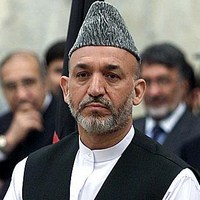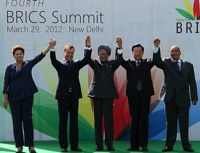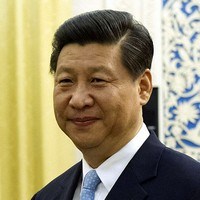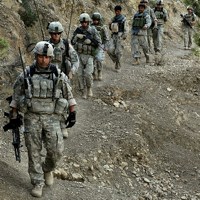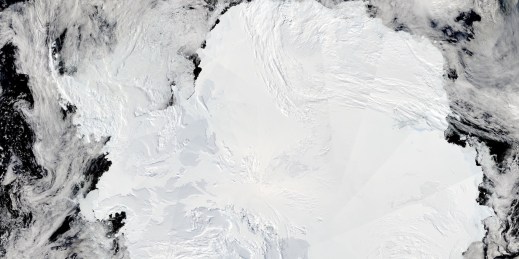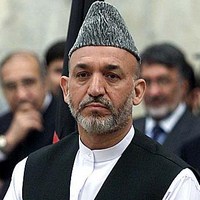
Last week, Italy’s Foreign Ministry agreed to send two Italian marines back to India to stand trial for allegedly killing two Indian fishermen while guarding an Italian oil tanker off the coast of India last year, ending a diplomatic dispute that came on the heels of a separate and ongoing scandal over bribery allegations regarding Italian defense company Finmeccanica. In an email interview, Joel Sandhu, an expert on India-European Union relations at the Global Public Policy Institute, explained how these recent problems fit into India’s relations with Italy and the EU more broadly. WPR: What has been the trajectory of […]



